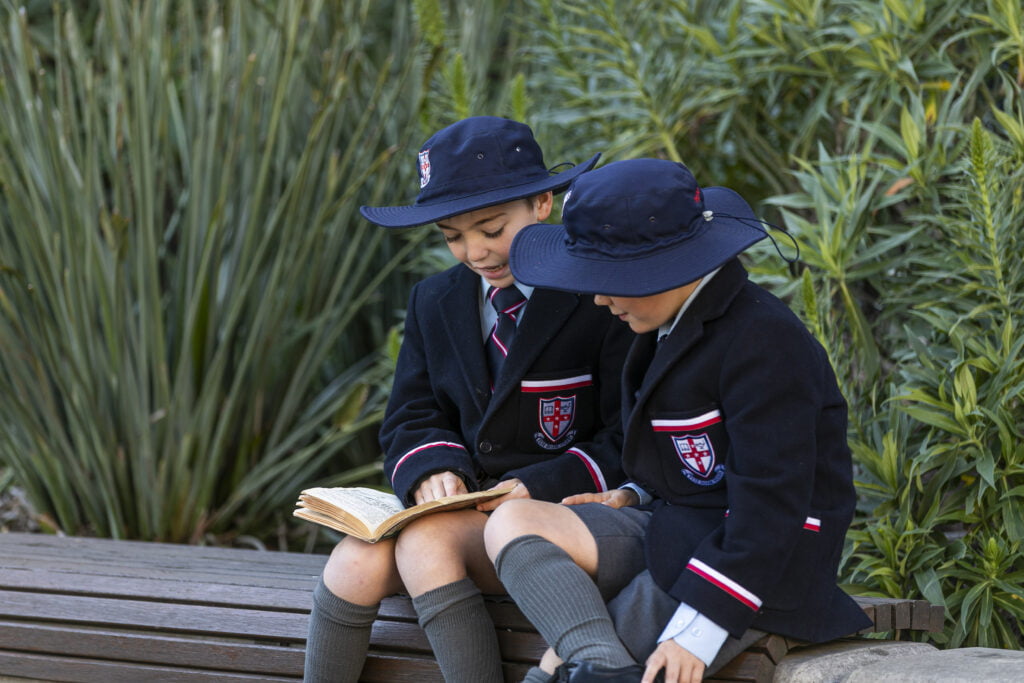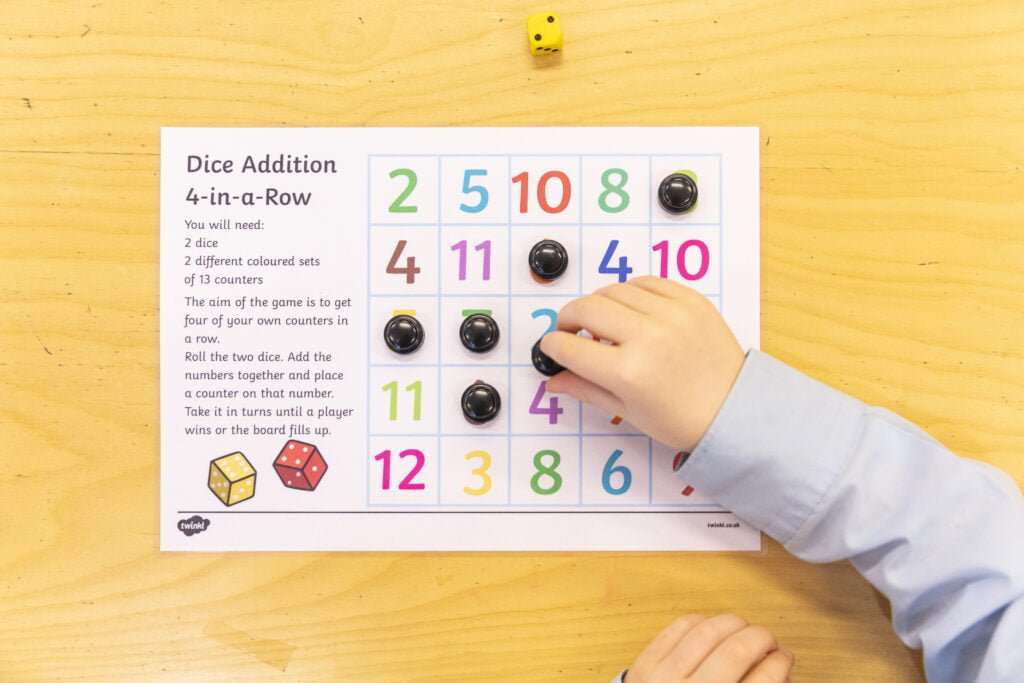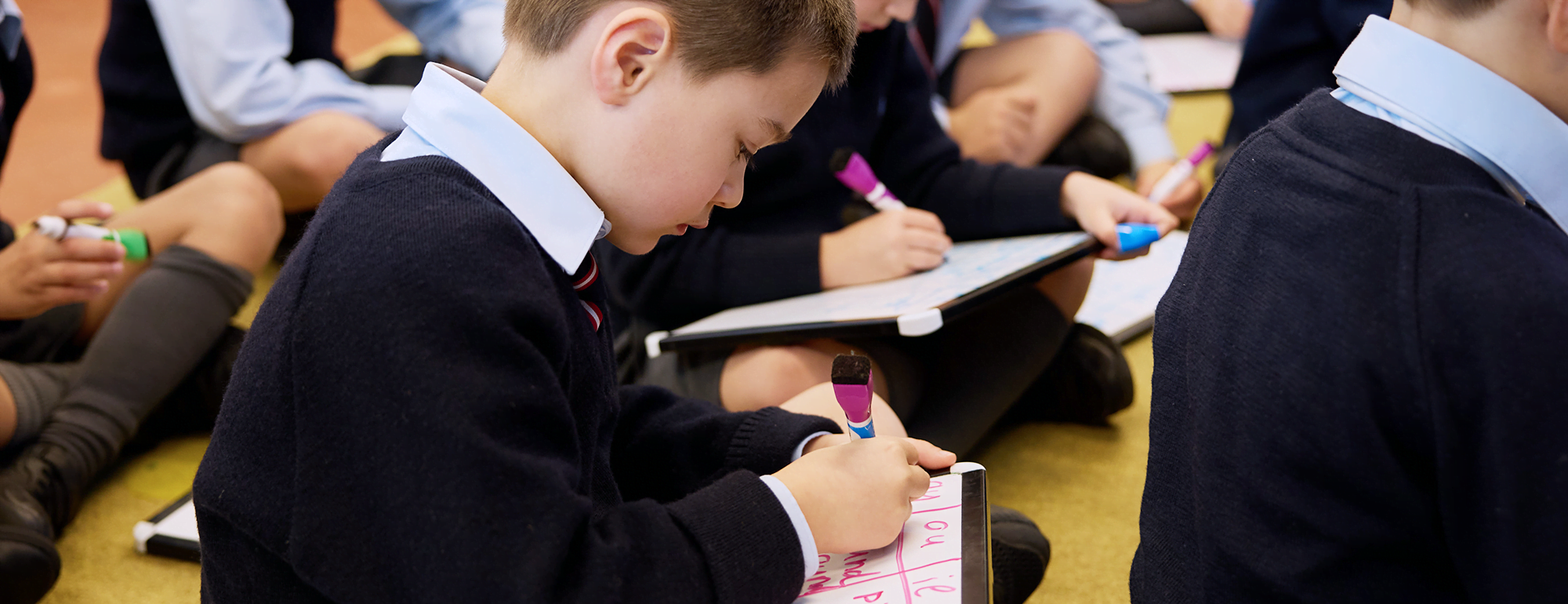We build strong foundations: developing competence in literacy and numeracy, and making real world connections, so our students are open and ready for the real world.
One of the key tools for success in learning is a person’s capacity to read, write and be numerate. At Cranbrook, we recognise that skills in English and Mathematics need to be taught purposefully, directly and sequentially and so our timetable dedicates significant, structured time to the explicit teaching of literacy and numeracy. The teaching of these skills are individualised to meet the specific needs of each student–meeting the student where they are at and then building on prior knowledge and skills.
In the Junior School our teaching practices reflect the belief that our students are all capable of learning successfully.
Every day, each Year Group has dedicated lessons in these core subjects. Extra staff join each year level to form a larger teaching team. The larger teaching teams mean we can group our students in small numbers, based around their specific learning needs.


An innovative approach to literacy and numeracy.
Our literacy and numeracy approaches are also taught through the International Baccalaureate (IB) Primary Years Programme (PYP) framework, allowing us to develop skills sequentially within a curriculum framework that allows students to develop a deep authentic understanding of a variety of disciplines, using an inquiry framework.
Curriculum
The curriculum for all students, Kindergarten to Year 6, is the prescribed Australian Curriculum in New South Wales. Students in the Junior School engage in Key Learning Areas described by the New South Wales Education Standards Authority: English, Mathematics, History and Geography, Science and Technology, Creative Arts (Visual Arts, Music and Drama), Languages and PDHPE. We use the IB PYP curriculum framework to guide our approach to teaching and learning. The programme promotes global mindedness and a focus on students making a difference and taking action.
The PYP curriculum framework consists of five essential elements: knowledge, conceptual understandings, skills, dispositions and action. The knowledge component is developed through inquiries into six transdisciplinary themes of global significance, supported and balanced by six subject areas, reflecting the Australian Curriculum in NSW syllabus documents.

